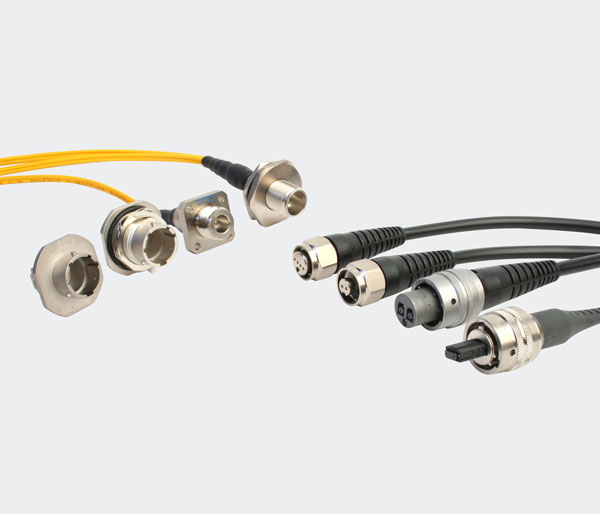Compared with many neighboring countries in Latin America, Chile has formulated a relatively tight time schedule for 5G network construction. Chilean officials stated that it plans to purchase 5G network equipment from US or Chinese suppliers, including Huawei.
Chile’s Deputy Minister of Telecommunications, Pamela Gidi, stated that as long as companies meet the established technical standards for cyber security, Chile will not make special regulations on the “supply chain or nationality” of suppliers who contract to build 5G networks. This undoubtedly opened the door for its purchase of Huawei equipment.
China and the United States are Chile’s first and second largest trading partners, respectively. The Chilean government hopes to speed up 5G network construction with an open and welcoming attitude to all global suppliers. At the end of 2020, Huawei announced the establishment of a second cloud data center in San Diego.
Gidi said that this may also attract the arrival of Amazon’s subsidiary AWS, which has already considered building a data center in Chile or its neighboring country, Argentina. He added: “We think it’s obvious that building a 5G network can help Amazon and other companies that decide to settle in Chile in the future make decisions.”
At the same time, Microsoft announced in December last year that it will build a data center area in Chile. The company’s president Brad Smith said that the cloud computing ecosystem will generate 11.3 billion US dollars of additional revenue and 5.1 billion job opportunities for Chile in the next four years.
Chile is also actively participating in the construction of optical cable lines recently. In April last year, Google’s 10,460-kilometer-long Curie fiber optic cable connecting California and Chile settled in Valparaiso. The 12,875 km-long Transoceanic fiber optic cable between Auckland and Sydney also connects Chile and Asia.
Chile’s 5G competition currently has three operators competing against each other. Last month, mobile operator WOM won a government bid to build a 5G network. The predecessor of WOM was Nextel Chile, which was acquired by London private equity firm Novator Partners in 2015. The latter belongs to Thor, the richest man in Iceland.
Novator also holds shares in a number of telecommunications companies in the Czech Republic, Finland, Poland and Greece. It acquired a majority stake in Colombia’s Avantel last year, and is now renamed WOM Colombia.
Spain Movistar and Chile Entel also hope to participate in Chile’s 5G network construction. WOM seems to be inclined to purchase Huawei equipment, and the company is also the big winner of all four bandwidth auctions for 5G spectrum in Chile.
Regulatory requirements related to auctions mean that the network constructed by WOM will need to cover areas with poor connectivity such as Chilean highways, as well as remote areas such as Patagonia and Easter Island.




